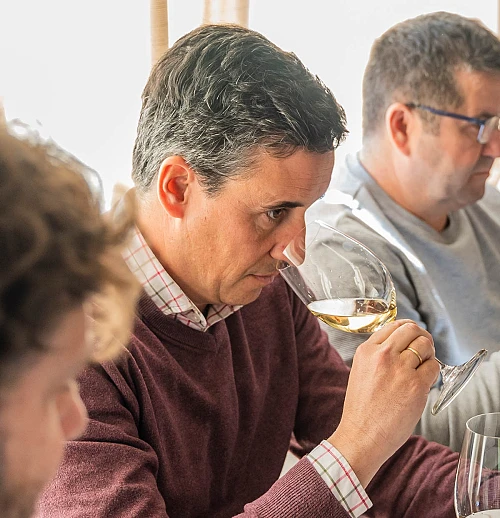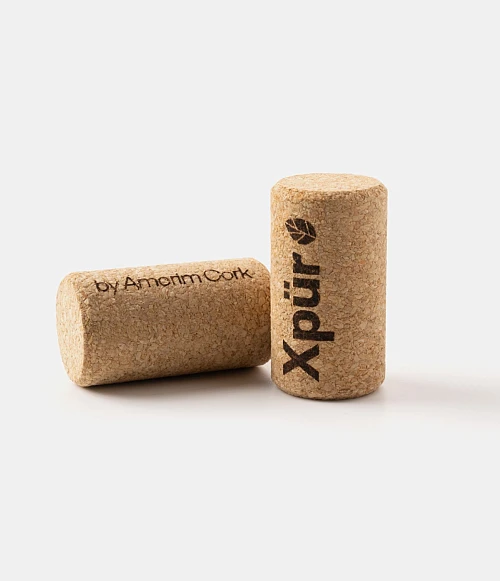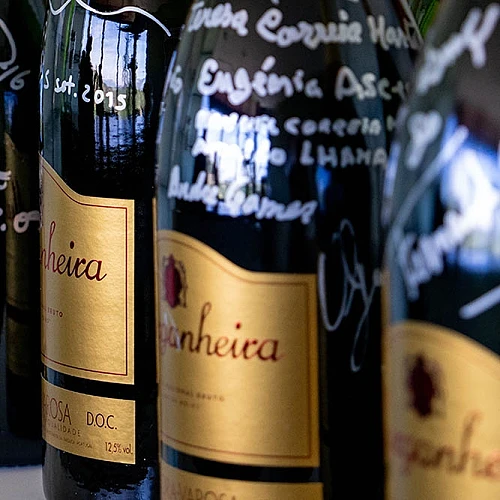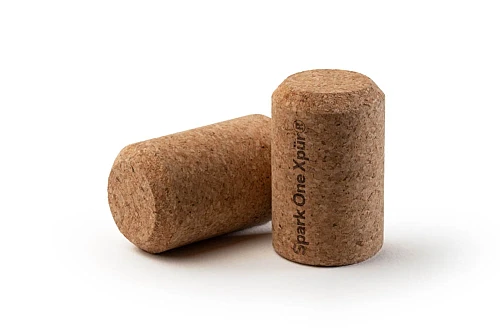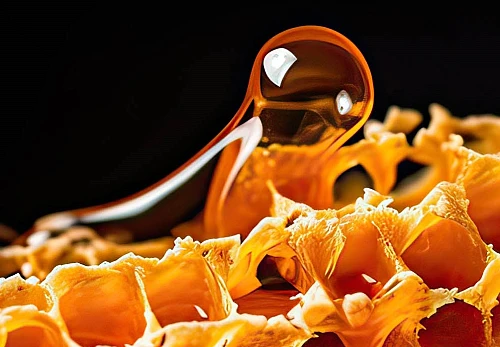- Media Center
- News
News Media Center
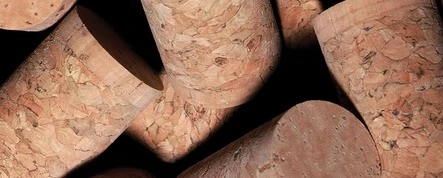
Blind tasting tests confirm consumers' preference for cork stoppers
New research, involving hundreds of North American wine consumers in blind tasting tests, has confirmed a global preference for cork in the world's biggest wine market.
The independent study, published in the International Journal of Hospitality Management (IJHM), sought to investigate the association between the type of stopper used in different wines and consumer's perception of the wine’s intrinsic attributes.
In a blind tasting test involving two wines, participants attributed a ranking that was 10-13 points higher in relation to appearance, flavour, aroma and general quality, when, through visual clues, they were led to believe that the wine had been sealed with a natural cork stopper instead of a synthetic stopper or screwcap. The 310 participants had no idea that they were tasting exactly the same wine.
"This research project proved statistically true as participants rated wines that they were told came from bottles with natural cork as superior when in reality both wines used in the experiment were dispensed from wine kegs," explains Dr. Dennis Reynolds, Dean of the University of Houston Conrad N. Hilton College of Hotel and Restaurant Management and co-author of the study.
The other co-authors of the study were Imran Rahman and Shaniel Bernard of the Department of Nutrition, Dietetics, and Hospitality Management at Auburn University, USA, and Amy Holbrook of The Boeing Company, USA.
Participants received a questionnaire covering issues related to the tasting experience, drinking habits and wine preferences. The event included two wine blends, both from the Bordeaux region.
The results of the study mirror those obtained in 2017 in a scientific experiment conducted by Charles Spencer, Professor of Psychology at Oxford University, in which participants ranked the same wine after hearing how the wine had been opened - a “pop” with a cork stopper or a “twist” with a screw cap. The difference in the ranking attributed to the wine sealed with a cork was much higher - up to 15% higher.
The IJHM study concluded that restaurants, bars, wineries and cellars can “better please customers” by serving wines with natural corks instead of screw caps or synthetic closures because “closure type can influence perceptions of taste, bouquet, appearance, and overall quality.” Moreover, the researchers suggest that wine manufacturers should “resist shifting to alternatives to natural corks.”
These conclusions reinforce market studies conducted in various countries, such as the United Kingdom, France, Italy, Germany and the USA, which demonstrate that use of cork affects the perception of wine quality and its intrinsic value.
